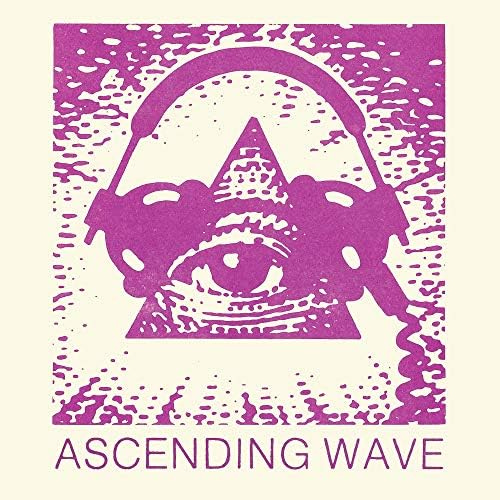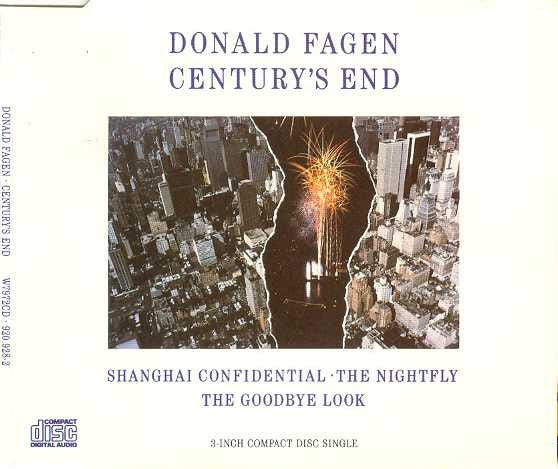“I have two voices,” Herbie Hancock mentioned midway through a remarkable performance last month at the Schermerhorn Symphony Center in Nashville. “One of them is my real voice. The other is my fake voice,” he told the audience, using a vocoder to make the words “fake voice” sound as if they were spoken by a robot. The hundreds seated in front of him chuckled in unison.
Though he’s a deeply serious musician and bandleader, Hancock is full of playful, well-timed stage banter—a wholly different performer than his great, forbidding teacher, Miles Davis. The 84-year-old jazz legend also isn’t shy about delving into the philosophical. After introducing his vocoder, he proceeded to give a kind of sermon—several minutes long and entirely filtered through the voice changer—about how we are all members of “the human family,” an idea central to the teachings of his longtime mentor, the late Japanese Buddhist leader Daisaku Ikeda. Like members of any family, he told us, we will not always agree on everything—but we all deserve to be treated with basic dignity. The android timbre of Hancock’s voice made the message seem even more profound, as if an extraterrestrial were preaching about how we should live in these contentious times.
All evening Hancock gave the impression of a wise teacher. An inveterate gearhead, he explained the intricacies of his microphones and keyboards. He gave a detailed introduction of his band, which included the guitarist Lionel Loueke, who has a gift for producing otherworldly sounds from his instrument. “He will do something,” Hancock said, “and I’ll say to myself, ‘Where did that come from?’” “From you,” Loueke replied, with a nod of deference toward his boss.
In the 1970s and ’80s, Hancock was one of the jazz world’s most prominent early adopters of cutting-edge music technology—and one of its great explainers. He had a way of cutting through the jargon to make the new-fangled gadgets seem accessible to anyone. In the midst of his concert last month, I was reminded of the first time I ever encountered Hancock—when I was a child, seated in front of the TV, watching a Sesame Street rerun. He showed off an early computer-powered synthesizer, the Fairlight CMI, to a group of wide-eyed children that happened to include Tatyana Ali, who would later star on The Fresh Prince of Bel-Air. Hancock captured Ali speaking her name aloud and manipulated the sample in various ways—pitching her voice up and down, making it stutter, and so on.
The Sesame Street kids were as amazed as I was at this audio wizard and his magic keyboard. In his memoir Mo' Meta Blues, the drummer and record producer Questlove recalls being introduced to sampling technology when Stevie Wonder demonstrated a Synclavier II on The Cosby Show in 1986. “It was the first time that 99 percent of us who went on to be hip-hop producers saw what a sampler was,” he writes. “At one point Theo says ‘jammin' on the one,’ and before you knew it, Stevie Wonder had sampled it and inserted it into a song. It’s not an exaggeration to say that this episode was the incident that truly sucked me into hip-hop production.” Herbie on Sesame Street had a similar effect on me. I credit him with planting the seed for my preoccupation with synthesizers and drum machines.
Though Hancock was an innovator, certainly not everyone embraced the new wave of technology that dominated music in the ’80s. Donald Fagen, for one, was a bit paranoid about the rise of the machines. Ever in search of a steady drum beat during the recording of Gaucho, he had begged Steely Dan engineer Roger Nichols to develop the early drum sampler Wendel. At the same time, he worried about the homogenizing effect synths and sequencers might have on composers.
“I still write on the piano, because, to some extent, I’m still scared of the technology kind of beating me,” Fagen said in a 1988 interview. “I’m scared of being controlled by it, and I figure if I start writing with the machines, then it’ll start to sound like everyone else’s records.” Fagen may not have ceded creative control to the new frontier of musical gizmos, but if you listen to “Shanghai Confidential”—the B-side to “Century’s End,” which he penned for the Bright Lights, Big City soundtrack—you’ll hear the maestro fully availing himself of mid-’80s tech. It’s a killer song, and one that makes you wish he were more prolific during the decade.
“These instruments were designed for people to use,” Hancock says in a clip from a 1984 documentary that captures him showing off his synthesizers to his friend Quincy Jones. “It’s just a tool, another tool. The way an ax is a tool. An ax can be a tool to build a house. It can also be a tool to slaughter your neighbor. The same thing—a synthesizer can be a tool to really hurt people’s ears or interfere with their lives, or it can be a tool to make a really nice-sounding instrument that can really affect people in a positive way. It all depends on the person that’s using it. People blame machines very often for—‘Oh, it’s the machine's fault.’ How can it be the machine’s fault? We have to plug it in. The machine doesn’t do anything but sit there until we plug it in. It doesn’t plug itself in. It doesn’t program itself—yet!”
The great pianist Oscar Peterson also found himself drawn to the emerging music technology of the ’80s. “What the electronic instruments did do for me, they made me hear things that I would possibly not ordinarily think of in that same vein,” he says in a segment from documentary that shows him composing on a Synclavier II. “I do not intend to replace the acoustic piano, because that is a majestic instrument in its own right and that is a special entity in my life,” he continues. “But I hopefully will be able to meld the two together.”
This hi-tech jazz mixtape features artists making a similar effort to meld the majestic and the electronic to create something new.
















